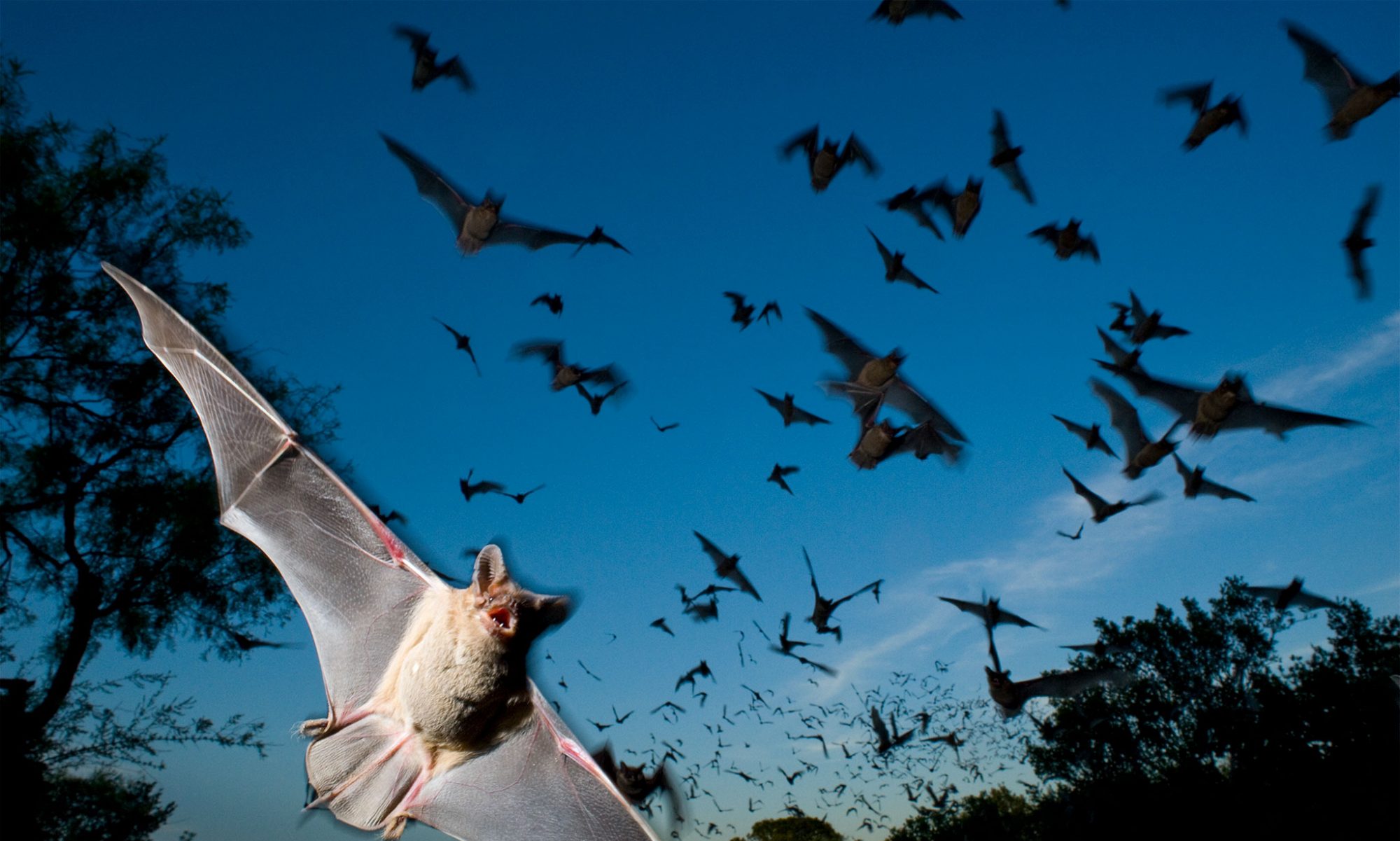
Wildlife problems can be stressful, and when an animal is loose in your attic or under your deck, you want it gone fast. But not every company follows the law — or ethical standards — when handling wildlife. Understanding what constitutes illegal wildlife removal in Pennsylvania helps protect both your property and the animals involved.
Illegal Wildlife Removal in Pennsylvania: 5 Things to Look For
Below, we’ll break down how to identify unethical practices and what to look for in a licensed professional.
1. Unlicensed or Unverified Operators: In Pennsylvania, wildlife control operators must be licensed by the Pennsylvania Game Commission and follow strict regulations outlined in Chapter 133 of the Pennsylvania Code. If someone offers trapping services without proper credentials, it’s a red flag. Before hiring, ask for
- Proof of a current wildlife control operator’s license
- Evidence of insurance coverage
- A business address and professional contact information
If the provider avoids giving these details, move on – they may not be operating legally.
2. Inhumane or Dangerous Trapping Methods
Ethical wildlife removal prioritizes humane handling. Illegal methods can include:
- Drowning, poisoning, or inhumane confinement
- Leaving traps unsupervised for long periods
- Using traps that cause injury or prolonged suffering
Pennsylvania law requires that all traps be checked within 36 hours and that captured animals be handled in a humane manner. A professional following proper wildlife control ethics will use one-way exclusion devices, live traps, and safe relocation when appropriate.
3. Improper Disposal or Relocation of Wildlife
Not all animals can be legally relocated. In Pennsylvania, moving wildlife to another property without permission or beyond a specified distance may violate state law. Ethical operators know these limits and always follow relocation and release guidelines set by the Game Commission.
4. No Inspection or Prevention Plan
A legitimate wildlife control company always conducts an inspection before removal. This step ensures the problem is correctly identified – for instance, distinguishing between mice, squirrels, or raccoons — and that prevention measures are put in place. If someone jumps straight to trapping without inspecting or sealing entry points, it’s a sign they’re not focused on long-term solutions.
5. Lack of Transparency in Pricing or Process
Ethical professionals explain what services you’re getting and why. They’ll discuss costs, timelines, and follow-up visits in advance. Operators who demand full payment up front or refuse to outline their process often cut corners or break regulations.
Choose Licensed, Ethical Wildlife Experts
Illegal wildlife removal in Pennsylvania doesn’t just harm animals; it can lead to property damage, legal trouble, and health risks for your family. At Main Line Bat Guy, we’re fully licensed, insured, and trained in humane wildlife control methods that comply with Pennsylvania law.
If you suspect wildlife in your attic, chimney, or walls, schedule a professional inspection today by calling us at (484) 716 2177.
